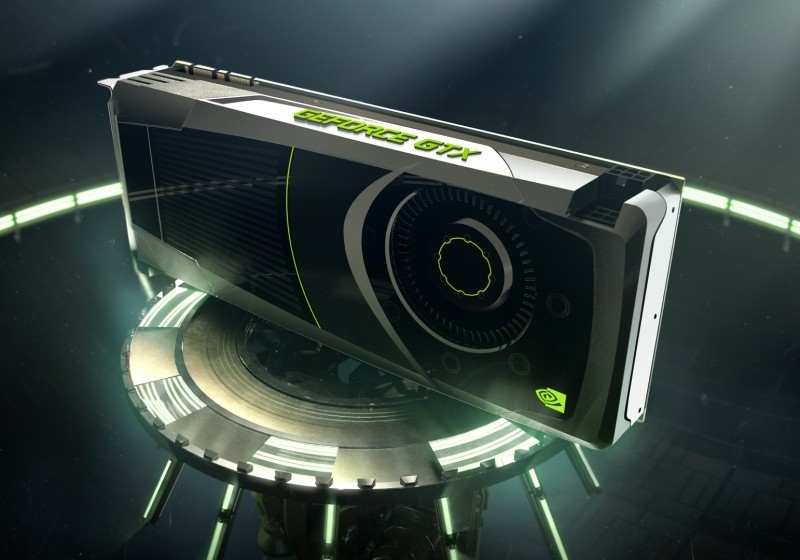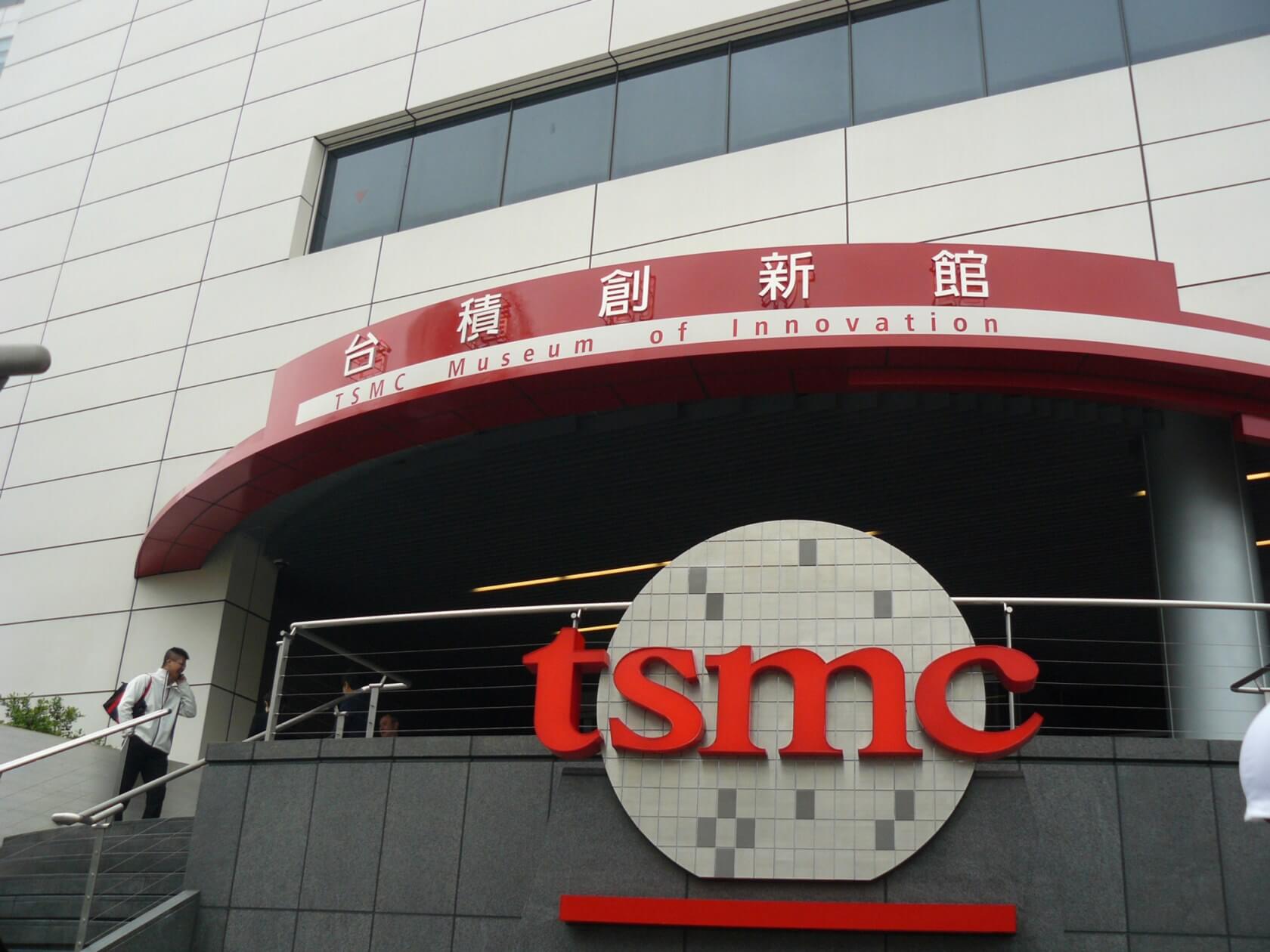Something to look forward to: It looks like this year could be an exciting one for the graphics card market. Not only is AMD’s next-generation “Big Navi” GPU rumored to arrive, but a new report claims Nvidia’s Ampere cards are also launching—and they’ll bring a sizable performance boost yet half the power consumption of Turing.

As reported by the Taipei Times (via Tom's Hardware), Yuanta Securities Investment Consulting Co said in a client note that Nvidia would launch its Ampere-based GPU in the second half of the year. Having revealed the Turing architecture at SIGGRAPH 2018, it’s likely that the company will unveil Ampere at the same event in July.
AMD has been on the 7nm process for a while now, so it’s no surprise that its rival will be following in Team Red's footsteps, moving from Turing’s 12nm FinFET manufacturing process to 7nm and the benefits it brings. And unlike AMD, Nvidia said its next-gen GPUs would be made by both TSMC and Samsung.

Speaking of benefits, Yuanta claims that Ampere’s 7nm process will lead to a 50 percent increase in graphics performance while halving power consumption. That does sound almost too good to be true, so we’ll have to wait and see how accurate the note proves.
As one might expect, the launch of a new Nvidia GPU is expected to see increased demand for graphics cards and notebooks, which suffered from weaker-than-expected sales last year due to Nvidia digesting inventory, writes Yuanta. MSI, which sees 60 percent of its sales come from the gaming sector, will benefit most, with Gigabyte and Asus also reaping the rewards of a new architecture.
Ampere could find itself going up against AMD’s Big Navi graphics cards. The Navi 21 GPU is rumored to be twice the speed and physical size of the Navi 10 found inside the RX 5700 XT.
https://www.techspot.com/news/83387-report-nvidia-next-gen-ampere-cards-50-faster.html

